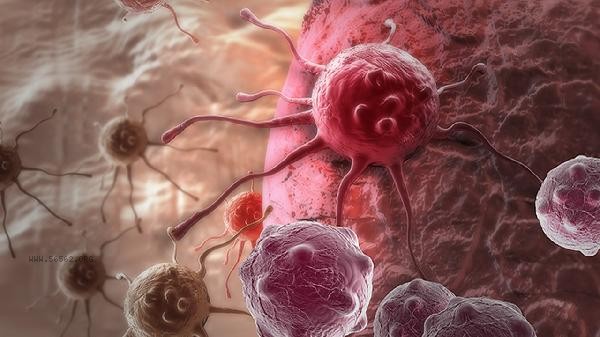A high absolute value of monocytes can be improved by adjusting lifestyle, controlling infections, improving anemia, regulating immune function, and screening for blood system diseases. Mononucleosis may be caused by factors such as viral infection, chronic inflammation, autoimmune diseases, iron deficiency anemia, or hematological disorders.

1. Adjusting lifestyle:
Ensuring sufficient sleep and a regular schedule can help the immune system restore balance. Drinking 1500-2000 milliliters of water daily promotes metabolism, reduces high sugar and high-fat diets, and increases intake of fresh fruits and vegetables. Moderate aerobic exercise such as brisk walking and swimming, 3-5 times a week, for 30 minutes each time.
2. Control infection factors:
EB virus, tuberculosis bacilli and other infections are common causes. When symptoms such as persistent low-grade fever and sore throat occur, it is necessary to complete pathogen testing. Viral infections are often treated symptomatically, while bacterial infections require the use of antibiotics based on drug sensitivity results. Chronic sinusitis, gingivitis and other local inflammations also need to be treated in a timely manner.
3. Correcting Anemia Status:

Patients with iron deficiency anemia may experience reactive mononucleosis. Serum ferritin levels below 30 μ g/L require iron supplementation, as well as intake of iron rich foods such as animal liver and red meat. Megaloblastic anemia requires supplementation with folic acid and vitamin B12, and regular monitoring of blood routine changes. 4. Regulating immune function: Autoimmune diseases such as rheumatoid arthritis and systemic lupus erythematosus are often accompanied by elevated monocytes. Immunomodulatory drugs should be used under the guidance of a rheumatology and immunology department, and inflammation indicators should be regularly reviewed. People with allergies should avoid contact with known allergens and undergo desensitization treatment if necessary.
5. Screening for blood diseases: If
continues to increase abnormally, one should be alert to blood system diseases such as chronic myelomonocytic leukemia and myelodysplastic syndrome. Suggest improving peripheral blood smear, bone marrow puncture, genetic testing and other examinations. Targeted therapy or hematopoietic stem cell transplantation may be necessary after specialized evaluation in hematology.
It is recommended to maintain a balanced diet and focus on supplementing citrus fruits and dark green vegetables that are rich in vitamin C, which can help with iron absorption and immune regulation. Use unsaturated fatty acids such as olive oil for cooking and limit the intake of pickled foods. Maintain 150 minutes of moderate intensity exercise per week to avoid overexertion. Smokers should quit smoking and limit their alcohol consumption to below 25 grams per day. Regular blood routine check should be conducted. If the proportion of monocytes continues to exceed 10% or is accompanied by symptoms such as weight loss and bone pain, timely medical attention should be sought from the hematology department.










Comments (0)
Leave a Comment
No comments yet
Be the first to share your thoughts!